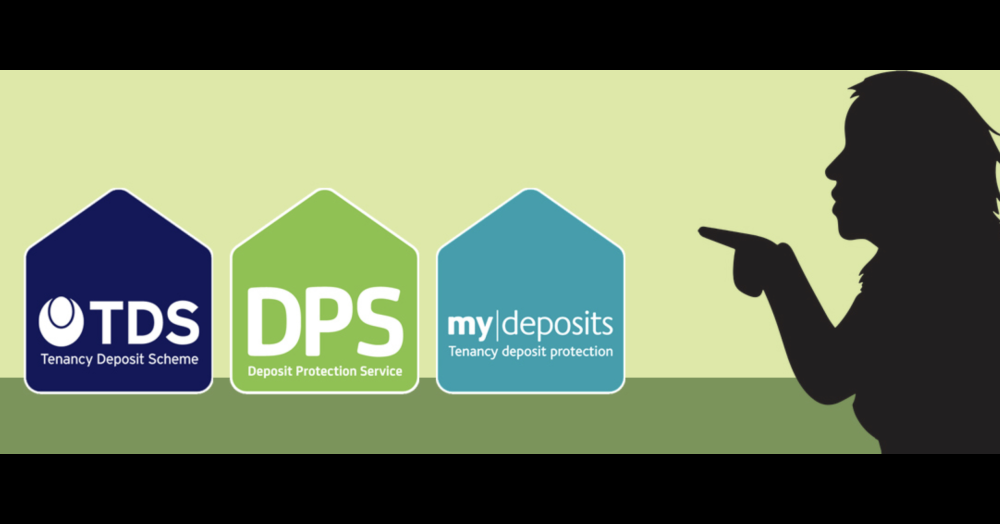Contractors lead a very different working life to those in permanent employment and the benefits can be plentiful; working flexibility, being your own boss and good potential earnings being just a few. One area of life, however, where contractors haven’t always found things so easy is when applying for a mortgage.
The Death of Self-certification Mortgages.
Prior to the credit crunch, Contractors were able to get a mortgage relatively easily as many high street lenders accepted self-certification. Self-certification, or self-cert, mortgages were designed for applicants whose income was not easily verifiable, so ideal for contractors without a set salary.
With self cert, there was no need to provide accounts, payslips or any proof of income. You could merely state what your income was and confirm that you had the ability to pay back the mortgage loan amount. These types of mortgages, however, were partly to blame for the credit crunch due to large numbers of people overstating their income in order to achieve much higher loan amounts and then not being able afford the repayments.
Since 2011, self-certification mortgages were banned by the Financial Services Authority (FSA), which was the right move for the economy as a whole but not so good for the Contractor trying to secure a mortgage.
Problem 1 – Verifying your Income as a Contractor.
In today’s mortgage marketplace, income verification is required and lenders must obtain reliable evidence to confirm the income stated on the mortgage application form to ensure that the applicant can afford the repayments. This is where it becomes difficult for a Contractor because they will rarely have all of this information available.
The lending criteria of most high street banks and building society’s requires Contractors to provide a minimum of two years worth of accounts before they can even begin the application process. Traditional lenders are often wary of the perceived short-term nature of contract work. It is this wariness, combined with a lack of understanding of how contractor pay works, that can make it difficult for a contractor to get the mortgage amount they need.
Problem 2 – Getting Past the Branch Network.
Even if you are offered a mortgage, normal bank or building society staff will generally use salary alone to determine a contractor’s maximum loan value. They don’t take into account the all important dividends that normally represent a significant proportion of a contractor’s total income.
This is generally where the problems lie for contractors seeking a mortgage from high street lenders. Although many of the underwriters in the central processing units of these lenders now have a good understanding of the contracting world, a contractor approaching one of these institutions will generally only get to speak to branch or call centre staff. These employees are often both unfamiliar with, and unprepared for, the contractor scenario and will deal with contractors as if they are permanent employees. This often results in them basing mortgage loan decisions on proof of employment, proof of income and time employed. Therefore, even though the underwriters further up the chain might have been prepared to agree a mortgage, the applications rarely get through to them.
So, can a contractor get a mortgage?
The answer is most definitely yes, providing the contractor uses a specialist Contractor Mortgage Broker. These specialist brokers have existing relationships with the key staff and underwriters at the major banks and building societies, enabling the contractor to bypass the call centres and branch networks that cause the problems.
The right Contractor mortgage broker will be able to access the same competitive rates and mortgage options that are available to salaried employees. Furthermore they will be able to put you in contact with contractor friendly mortgage lenders that will base your mortgage loan on multiples of your contract rate.
So don’t despair, Contractors can get the mortgage, and home, of their dreams!



